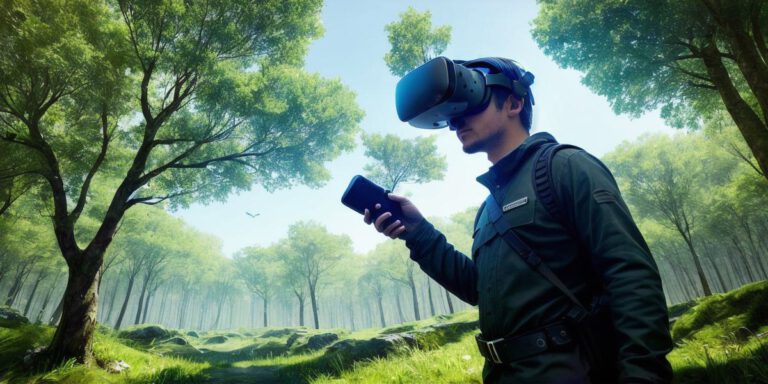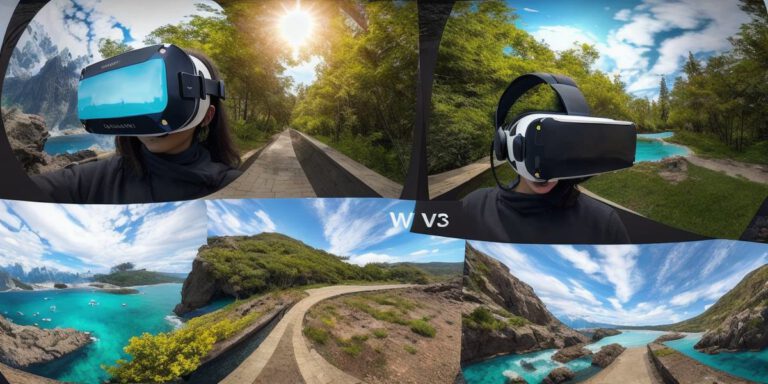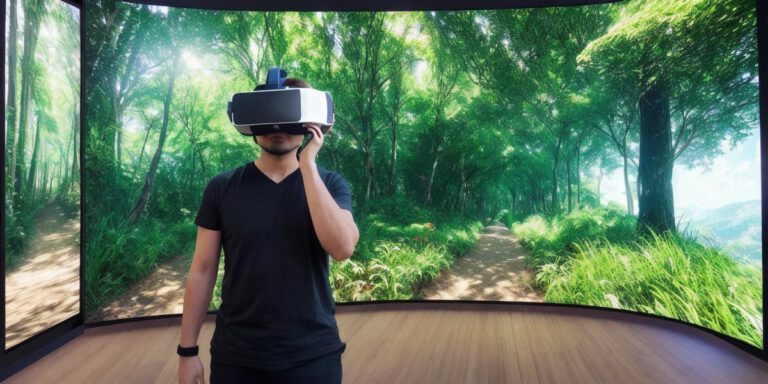Why VR is important: Benefits, future applications and how to optimize it for SEO
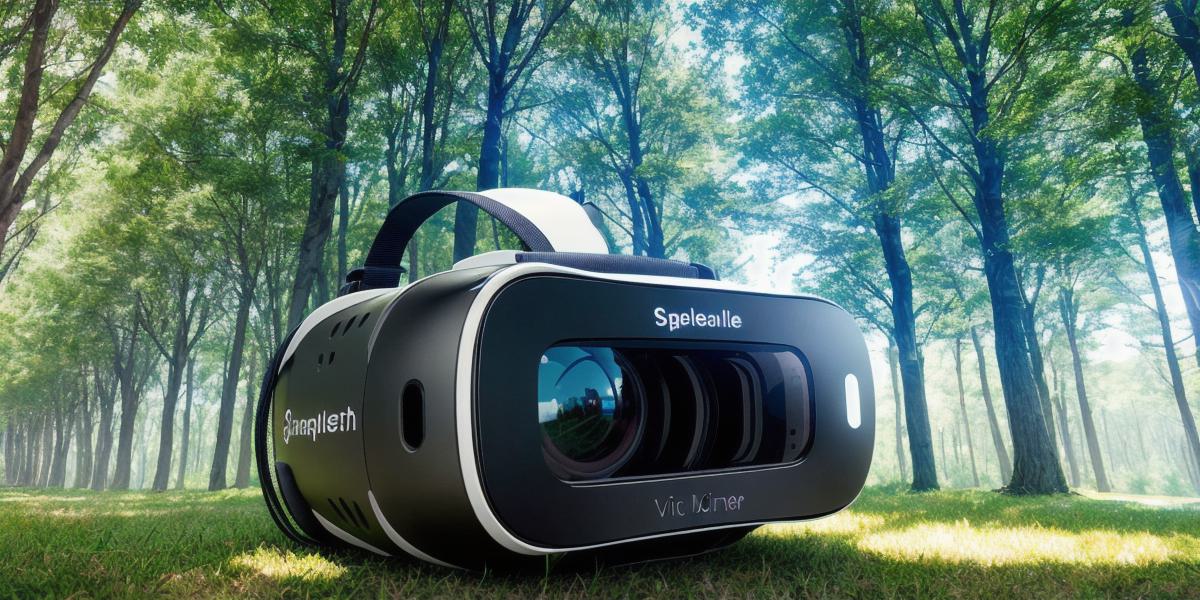
Virtual reality (VR) technology has been evolving rapidly over the past decade, and it’s already transforming industries like gaming, healthcare, education, and more. In this article, we’ll explore the benefits of VR, its future applications, and how you can optimize your VR content for search engines to attract more traffic.
Benefits of VR
Virtual reality offers several benefits, including:
Improved immersion
VR technology allows users to experience a fully immersive environment that engages all five senses. This creates an emotional connection with the content and enhances user engagement.
Enhanced learning experiences
VR provides an interactive and hands-on way for learners to explore complex concepts in a safe and controlled environment. It can also help them develop skills that are difficult or impossible to replicate in real life.
Increased productivity
Virtual reality can be used to create simulations of work environments, allowing employees to practice tasks and improve their efficiency before actually performing them on the job site. This can save time and money by reducing errors and improving safety.
Reduced costs
By creating virtual simulations of expensive or hazardous environments, VR can help businesses reduce the cost of training and testing. It can also be used to design products and prototypes without the need for physical materials or manufacturing equipment.
Future applications of VR
Virtual reality technology is already being used in several industries, but its potential for future applications is virtually limitless. Some of the areas where VR is likely to have a significant impact include:
Tourism and hospitality
VR can be used to create virtual tours of exotic locations or to allow guests to explore hotel rooms and amenities before making a booking. This can help businesses increase their customer satisfaction and reduce return rates.
Real estate
Virtual reality can be used to create realistic 3D models of properties, allowing buyers and renters to explore them in detail without having to physically visit the site. This can save time and money by reducing the need for multiple viewings and inspections.
Training and education
Virtual reality can be used to create simulations of real-world scenarios, allowing students and trainees to practice their skills in a safe and controlled environment. This can help improve learning outcomes and reduce the risk of injury or damage.
Healthcare
Virtual reality can be used to create simulations of surgical procedures, allowing doctors and nurses to practice their techniques without the need for expensive equipment or human subjects. It can also be used to treat phobias, anxiety disorders, and post-traumatic stress disorder (PTSD).
Optimizing VR content for SEO
To attract more traffic to your VR content, you’ll need to optimize it for search engines using a range of techniques. Some of the key ways to do this include:
Use relevant keywords in your title and meta description
Include relevant keywords in your title and meta description to help users find your content when they search for related terms.
Create high-quality, engaging content
Create VR experiences that are engaging, interactive, and provide value to users. This will encourage them to spend more time on your site and share your content with others.
Use social media to promote your content
Use social media platforms like Twitter, Facebook, and LinkedIn to promote your VR content to a wider audience. Share links to your content and engage with your followers to build a community around your brand.
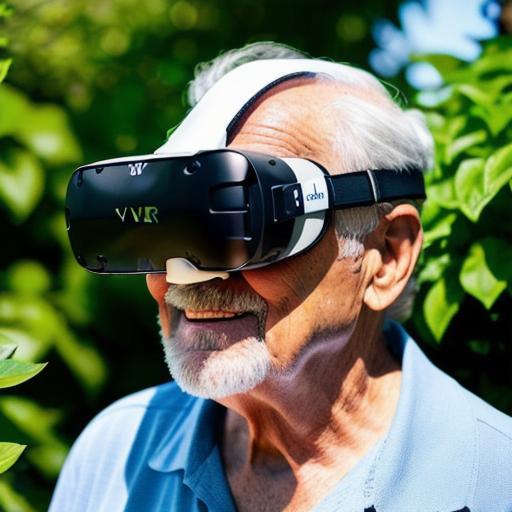
Optimize your site for mobile devices
Virtual reality experiences are often viewed on mobile devices, so it’s important to optimize your site
